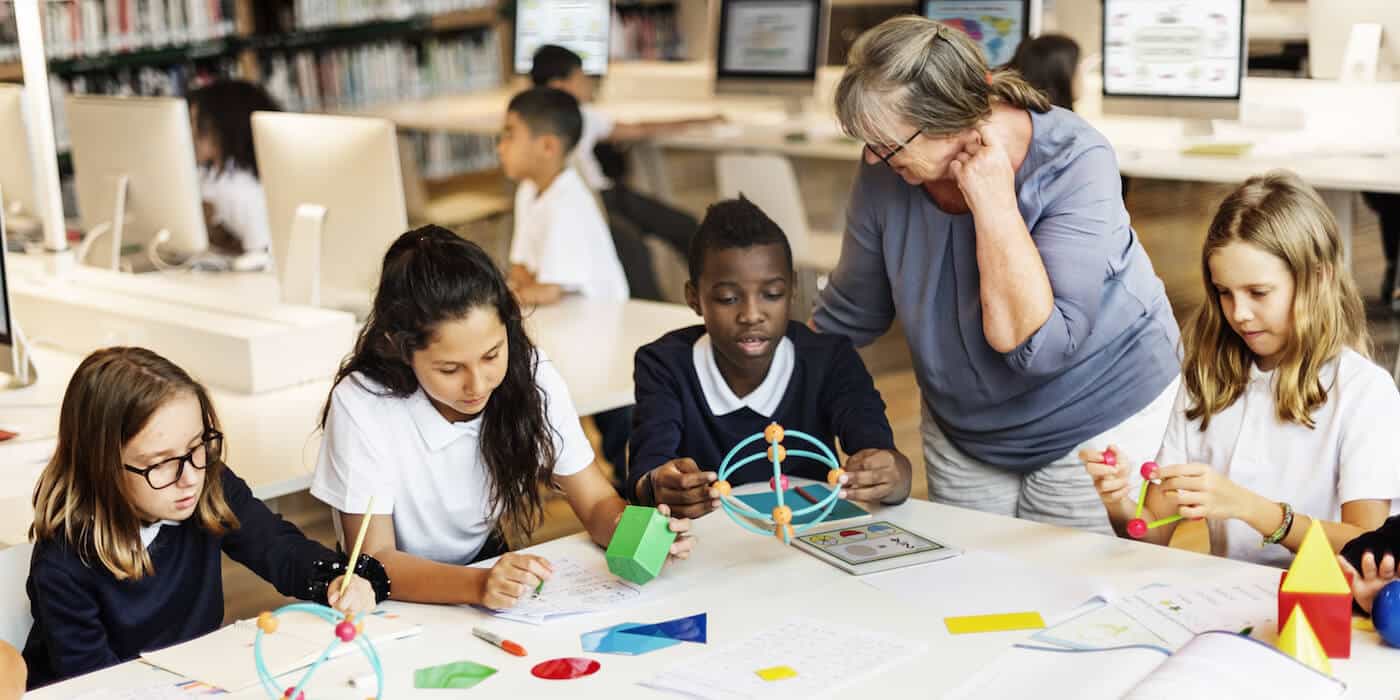Author:
Approaches to Inclusive Education in Kazakhstan
In today’s rapidly changing world, the introduction of inclusion in education has gained significant attention among countries like Kazakhstan. The 2015 Conceptual Approaches to the Development of Inclusive Education in the Republic of Kazakhstan, a policy note adopted by the Ministry of Education, clarifies that inclusive education is a transformative process of the education system based on the equal right to quality education for all.
Inclusion is not just a motto but a core conviction that every student, regardless of background or ability, is entitled to their fair share of access to quality education. However, the question remains if inclusion is truly present in Kazakh education? First and foremost, it is important to acknowledge the progress that Kazakhstan has made in educational reform in the last couple of decades. Despite the efforts made, challenges still remain. For many schools the challenge remains to develop systems that meet the needs of all students, regardless of their physical or learning disabilities or those that have been created due to socio-economic barriers.
Innovative approaches such as UDL can equip educators with the knowledge and skills they need to meet the diverse needs of their students. For instance, instead of just teaching students with the conventional method of delivering new information, a teacher might also utilize videos, group discussions, hands-on activities, and technology to present information. Additionally, we also need to create an environment in schools where teachers feel free to try new things that promote an environment of inclusion.
To summarize, Kazakhstan has made admirable progress in its education system, but full inclusion is a work in progress. This means that the very basic principles of Universal Design for Learning is a potential solution for this challenge. After all, education should be a bridge to opportunity for all, paving the way for a brighter, more inclusive future.
References
Nadirova, G. (2015) Eurasian Research Institute. Approaches to Inclusive Education in Kazakhstan https://www.eurasian-research.org/publication/approaches-to-inclusive-education-in-kazakhstan

Thank you, Aidana, for sharing your view. Your post highlights an important aspect of inclusive education in Kazakhstan. I appreciate how you emphasized both the progress made and the challenges that still persist. The mention of Universal Design for Learning (UDL) as a potential solution is particularly insightful. By incorporating diverse teaching methods such as videos, group discussions, and hands-on activities, educators can better address the varied needs of students. I also agree that fostering an environment where teachers feel encouraged to experiment with inclusive strategies is crucial. Do you think additional teacher training programs focused on UDL principles could further support this transition toward a more inclusive education system in Kazakhstan?
Hi Aidana,
I really like how you framed the topic of inclusive education in Kazakhstan. I love the idea that inclusion is a core conviction, rather than just a goal, really stands out to me—it emphasizes the importance of creating equal opportunities for every student, no matter their background or ability. I also love how you brought up Universal Design for Learning (UDL) as a potential solution to some of the challenges. It’s a powerful approach that could really help educators meet the needs of all students in diverse classrooms. It would be interesting to dive deeper into some specific examples of how UDL could be applied in real classroom settings in Kazakhstan. Overall, this is a thoughtful and optimistic take on the future of education in the country.
Excellent information on the process of educational reform from your context. Reforming education and including EDL principles will be slow and methodical. However, with proper resources and training, changes can happen